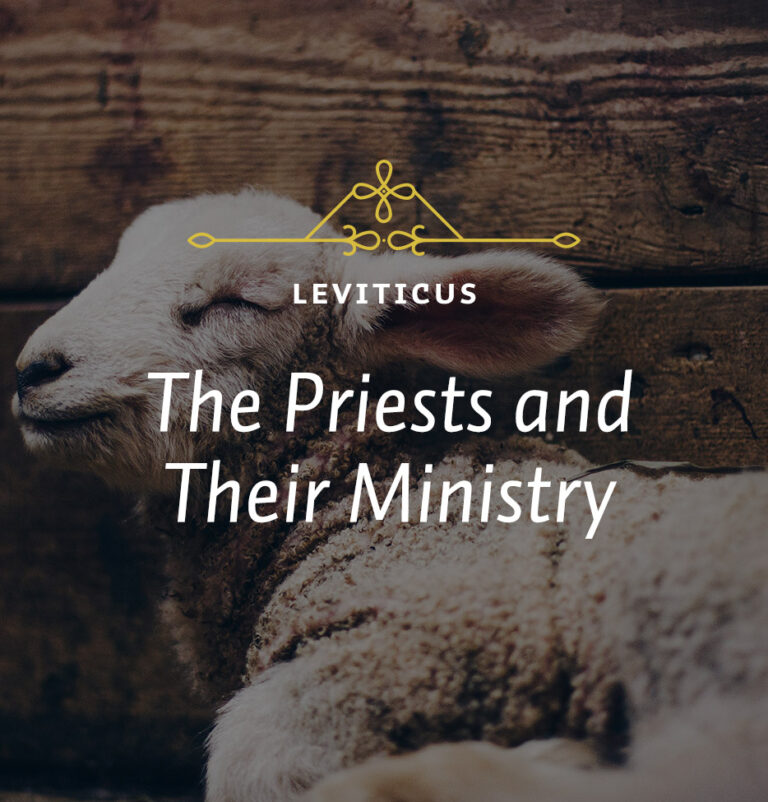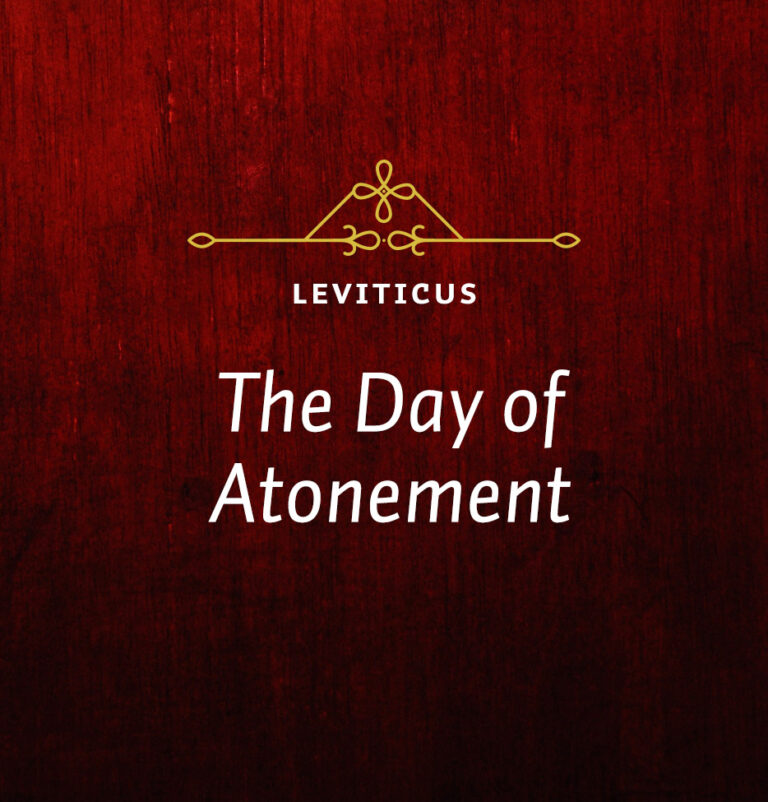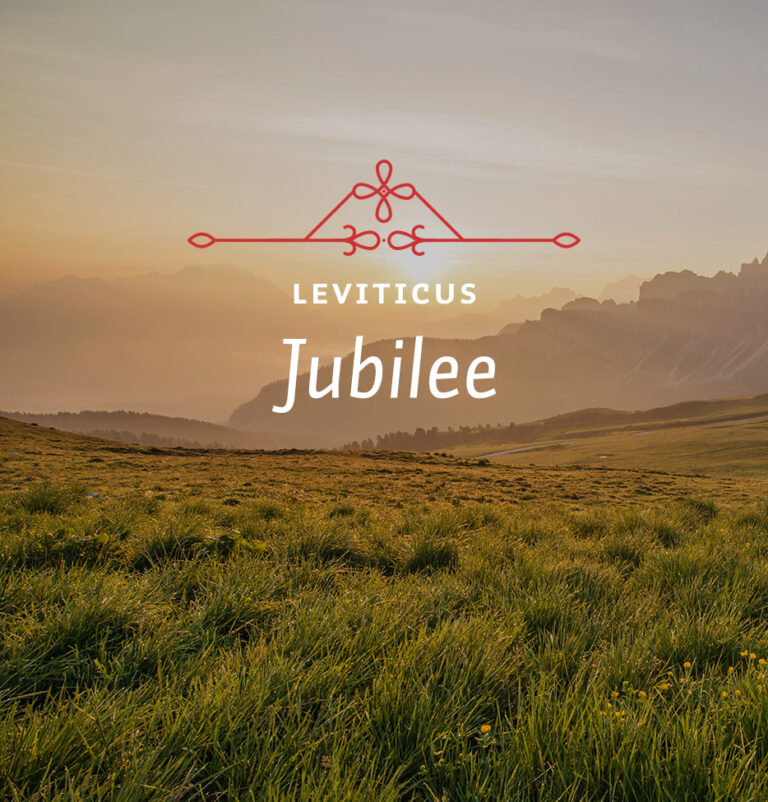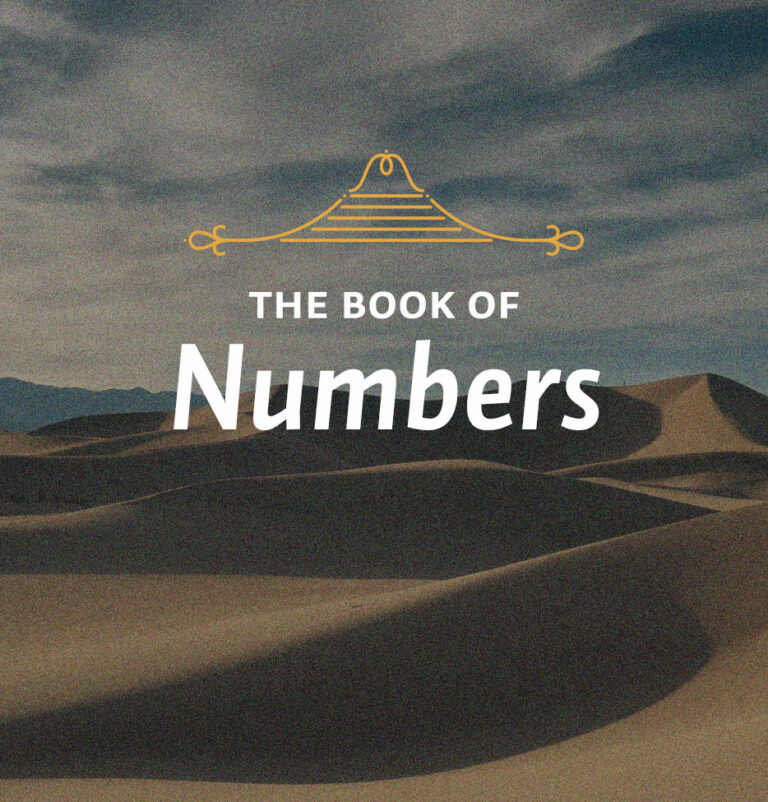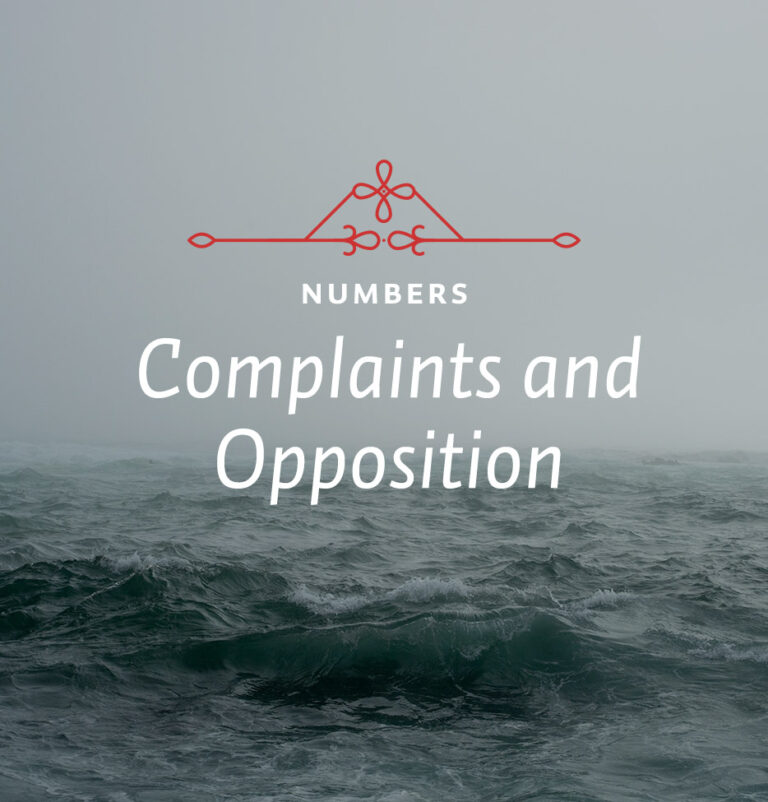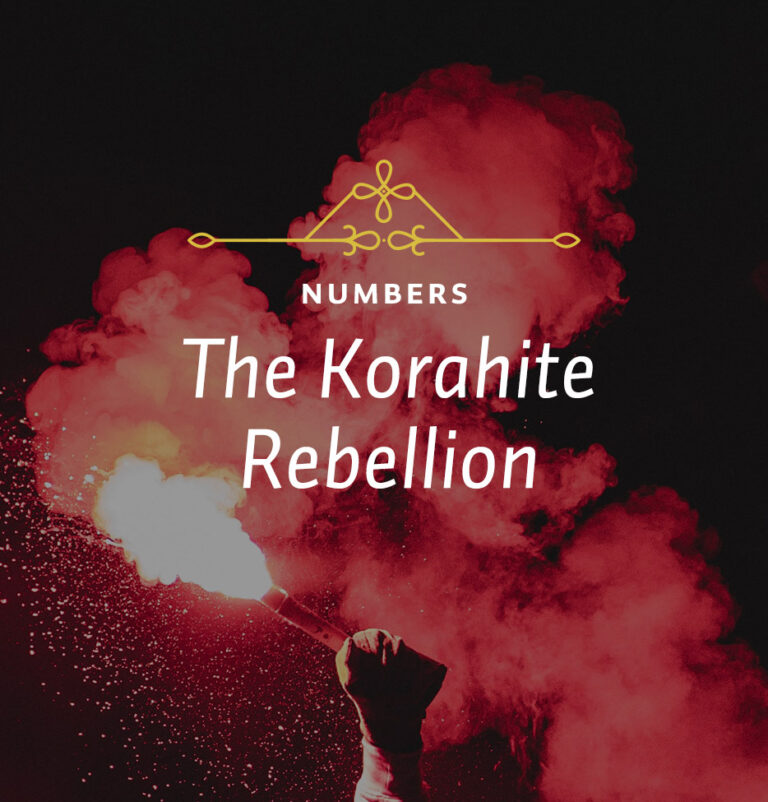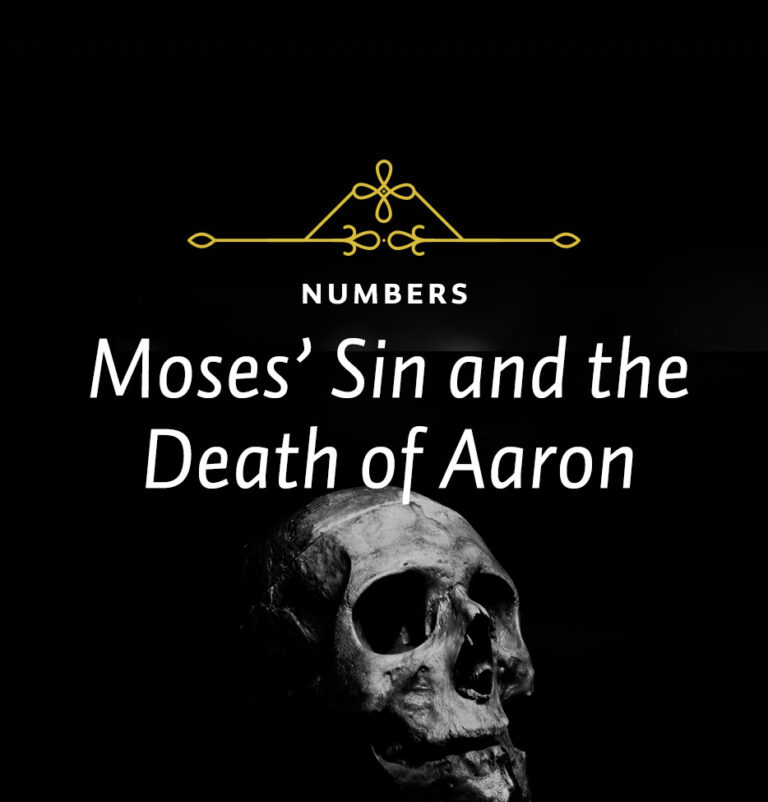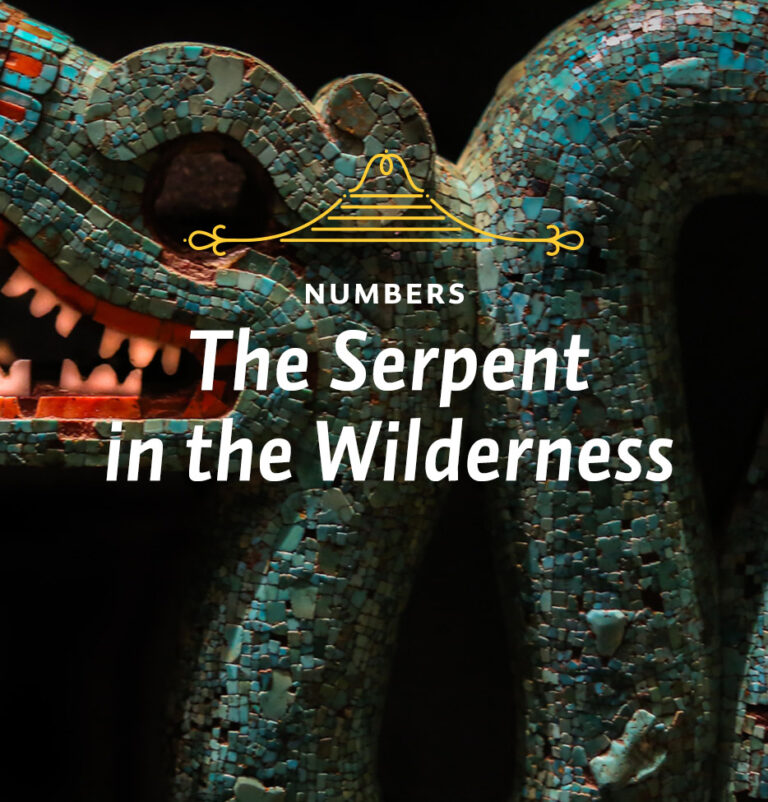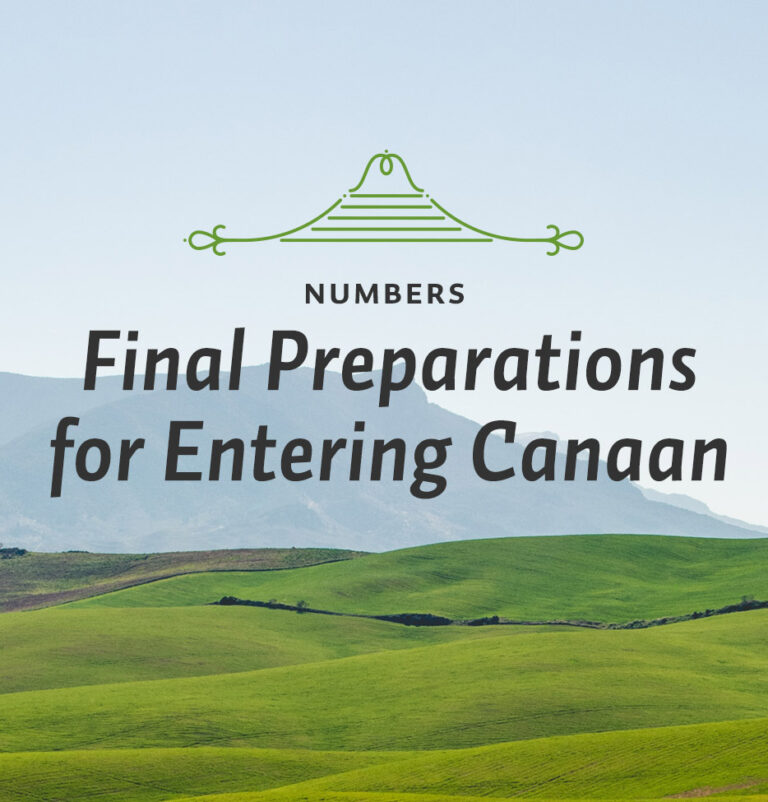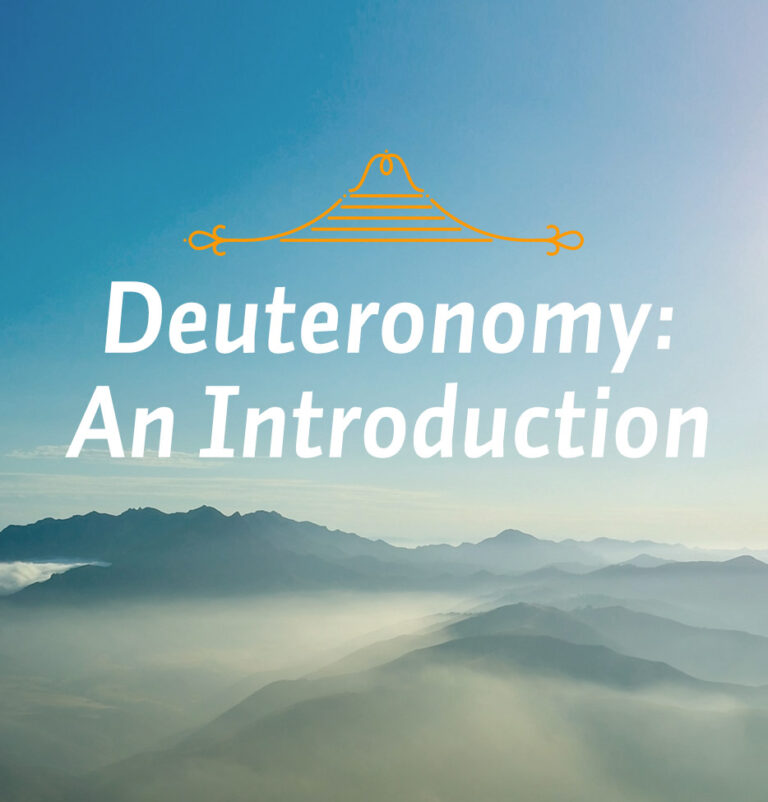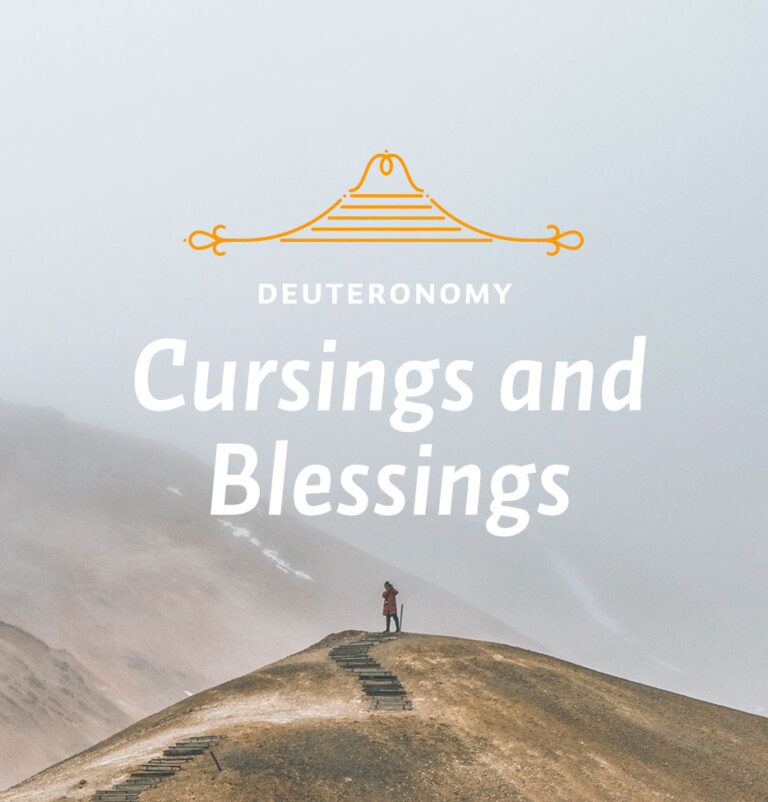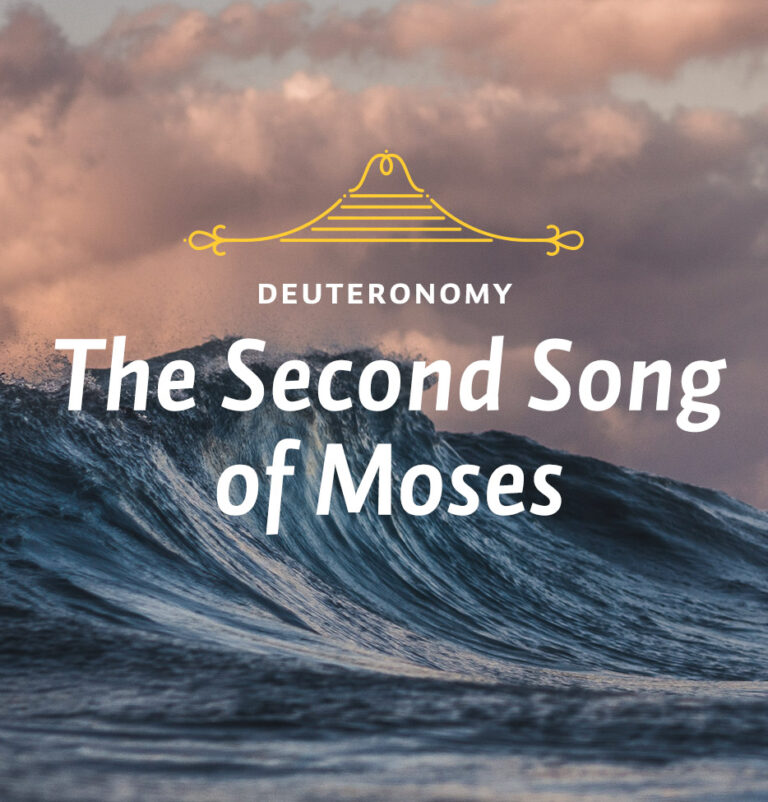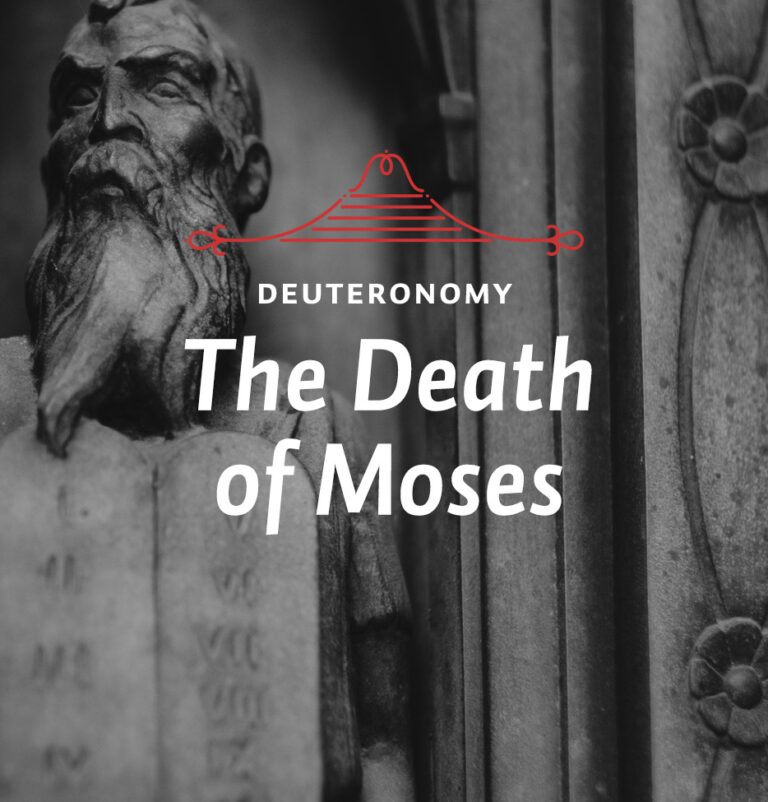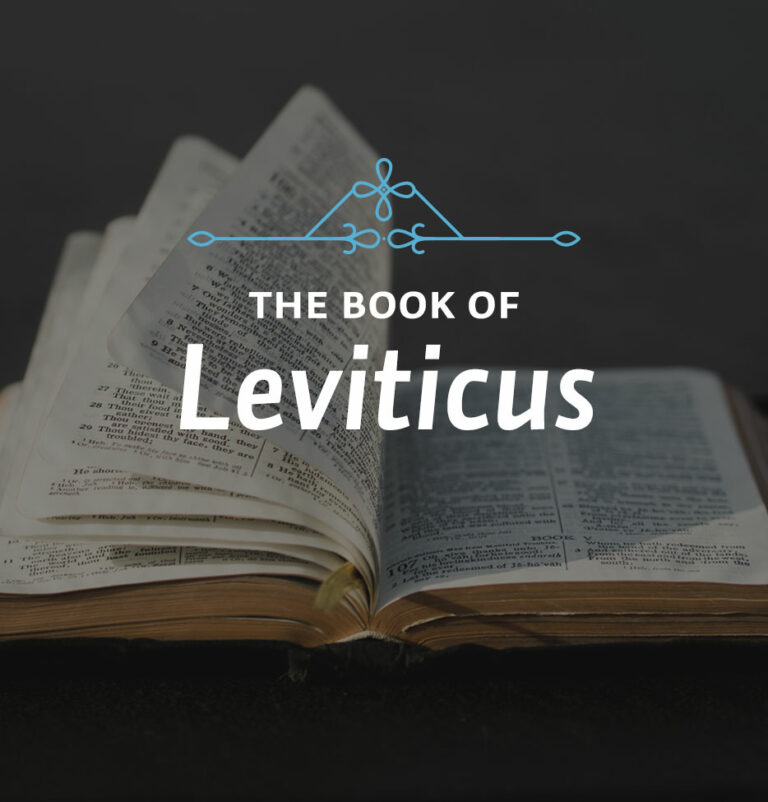
Tuesday: Leviticus: An Overview
Of the sacrifices, the burnt offering is mentioned first because it was the most important. Leviticus doesn’t tell us what it was for because the answer is obvious. All the sacrifices on the altar are for sin. The text focuses on how the animals are to be handled. Notice two matters about this. First, the worshiper was to lay his hand upon the head of the burnt offering that was going to be accepted on his behalf (see Lev. 4:1). That’s a very critical idea and it pertains to all of the sacrifices. When the worshiper put his hand upon the sacrifice, this was a way in which he symbolically transferred his sin or guilt to the sacrifice. It was a kind of confession of sin, such that in a symbolic way his sin was passed to the animal. And then when the animal was taken and killed, it was killed in the place of the worshiper.


